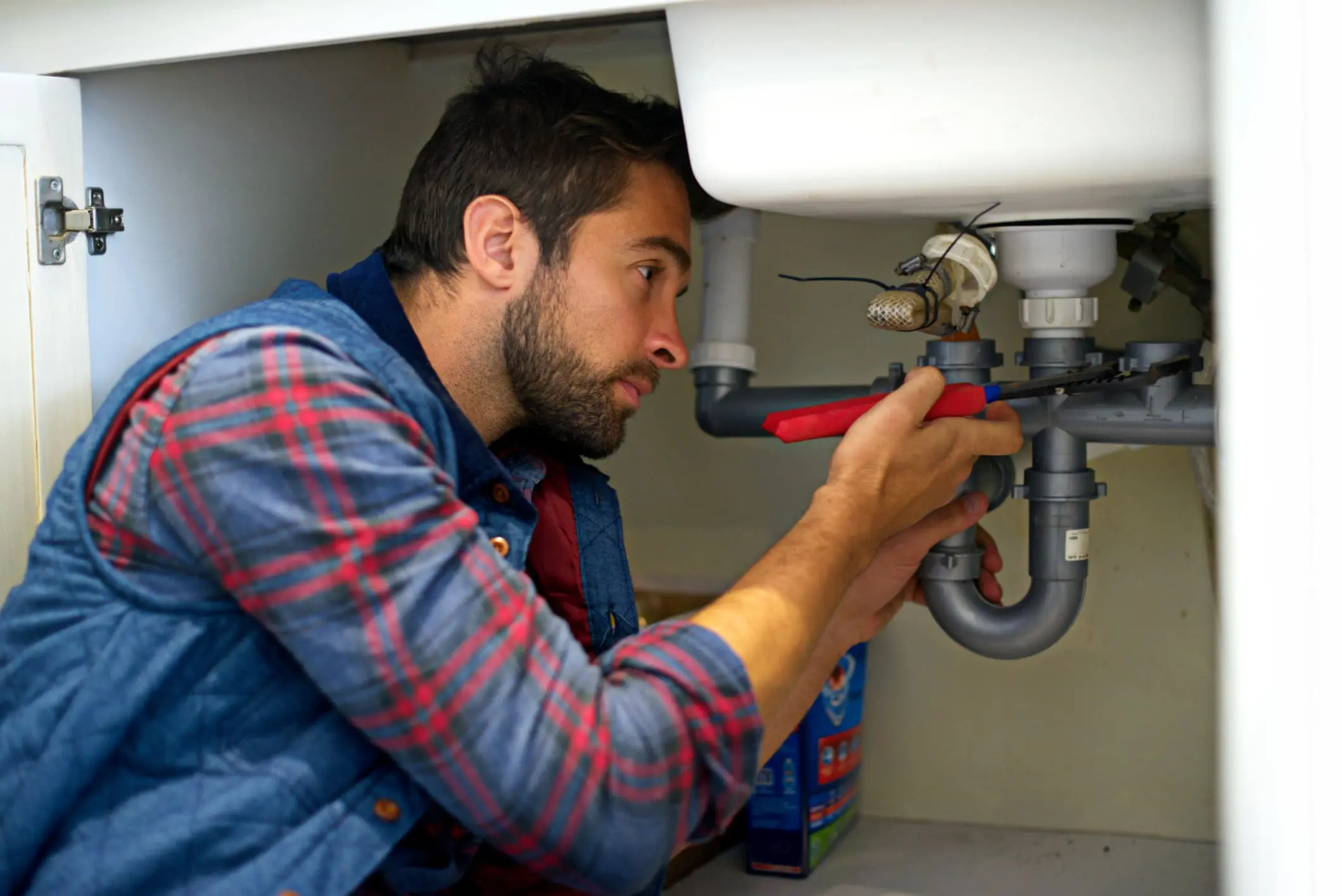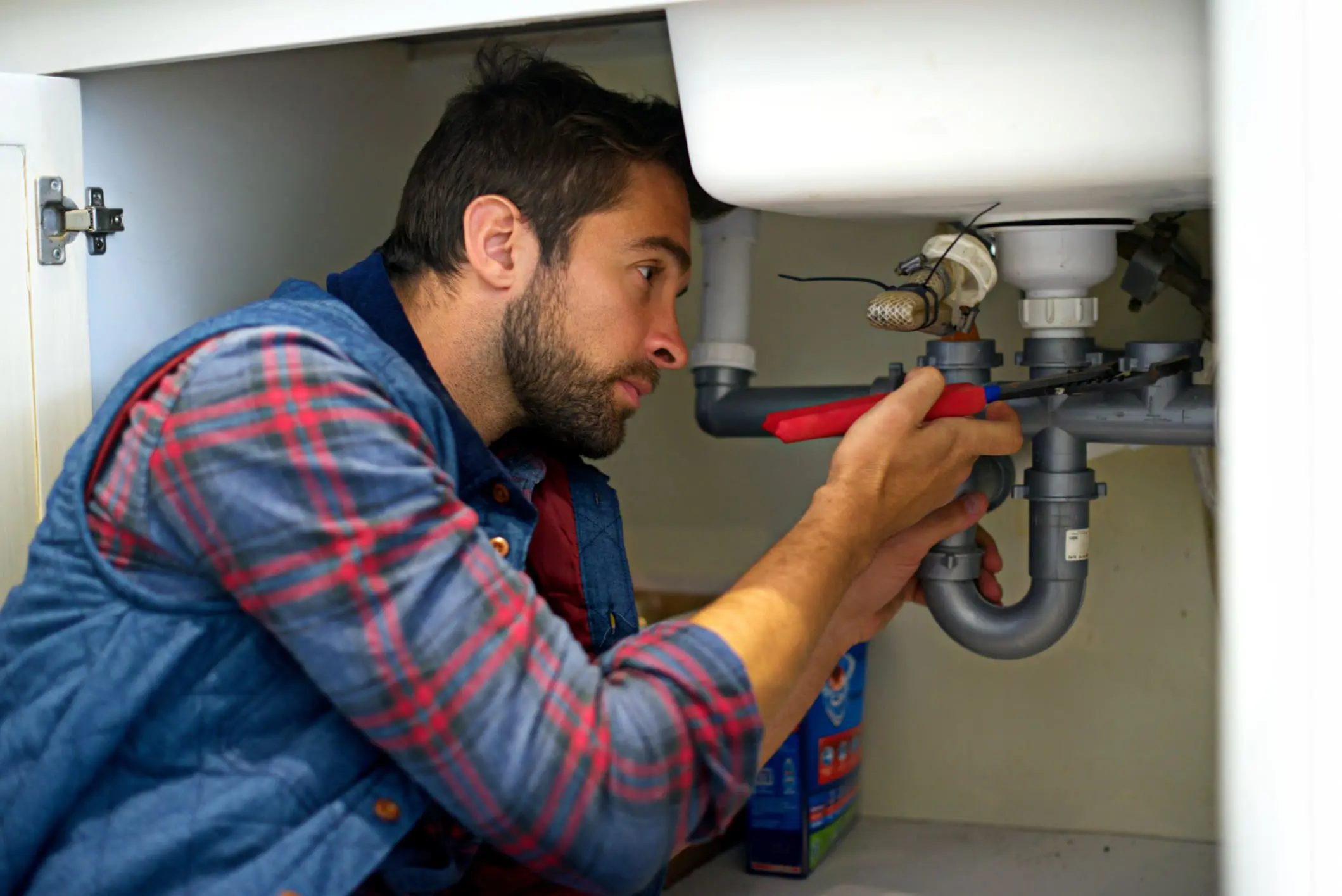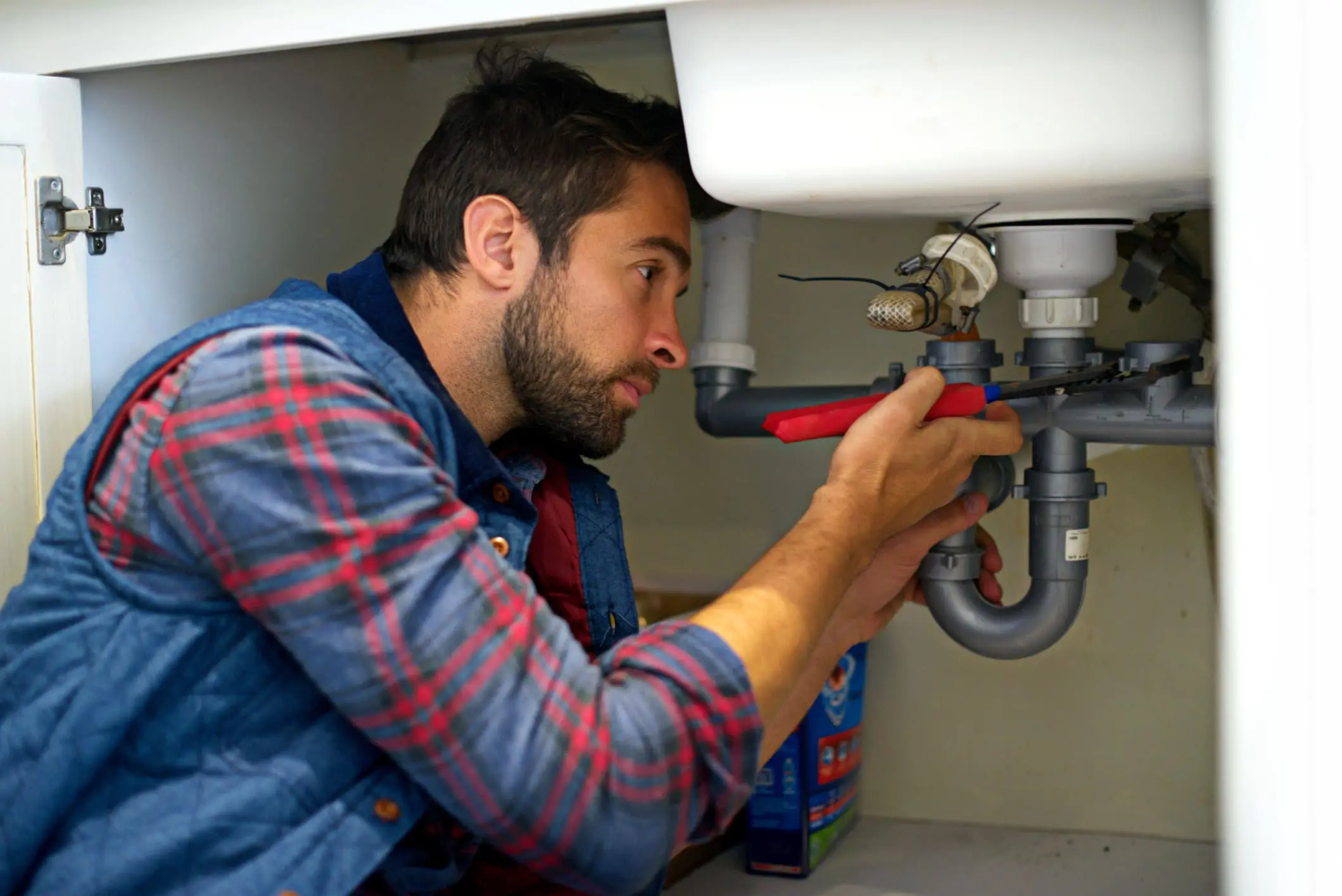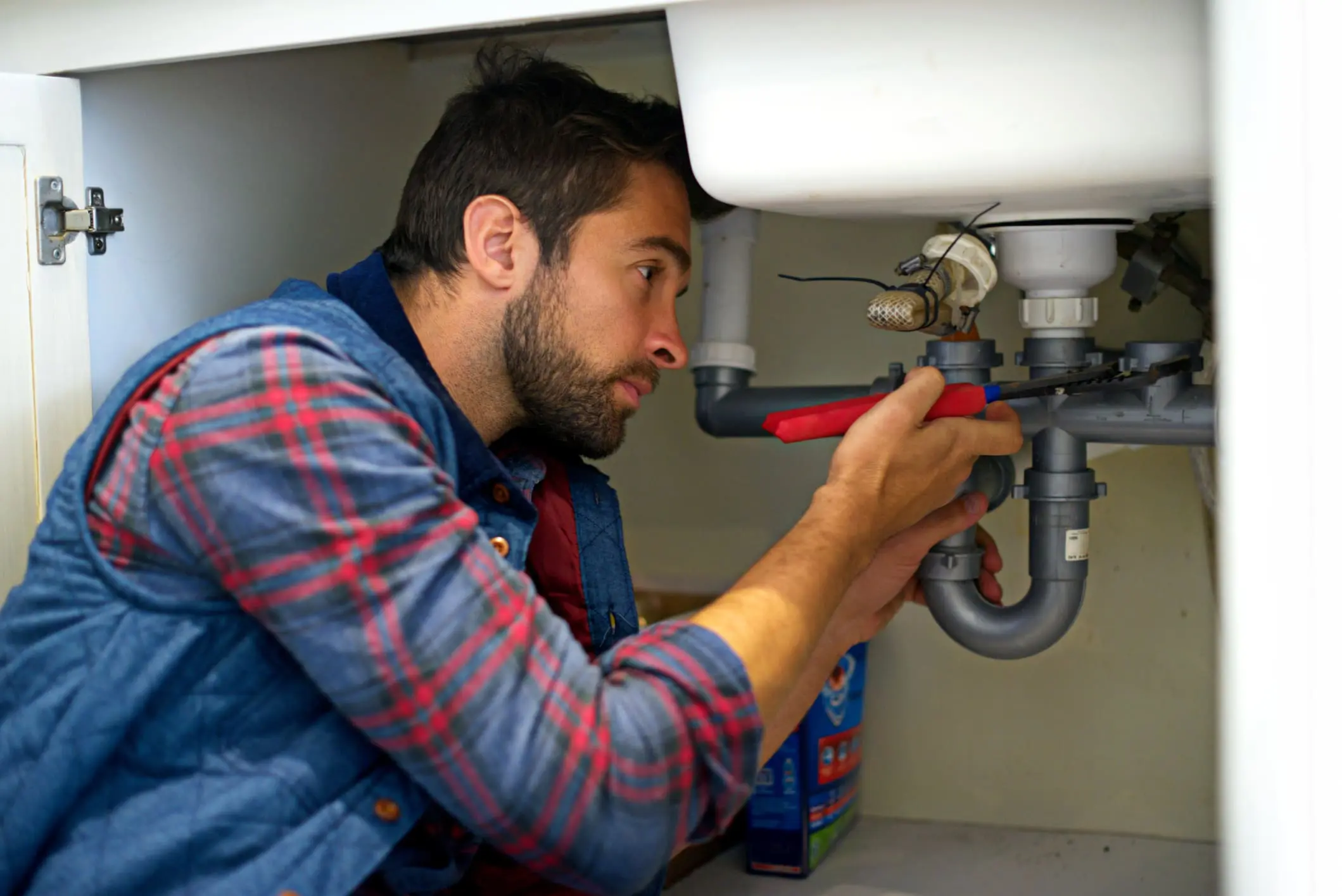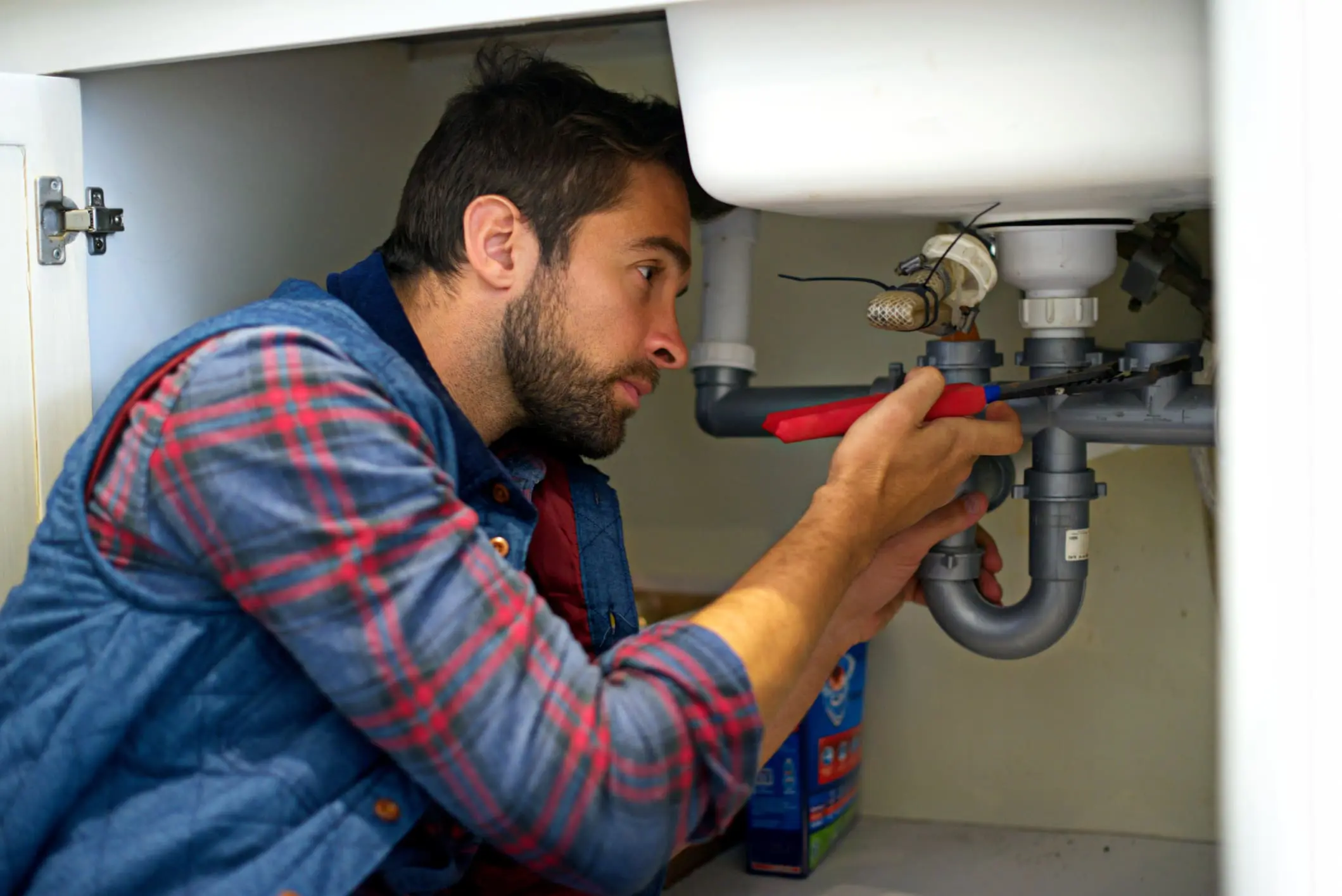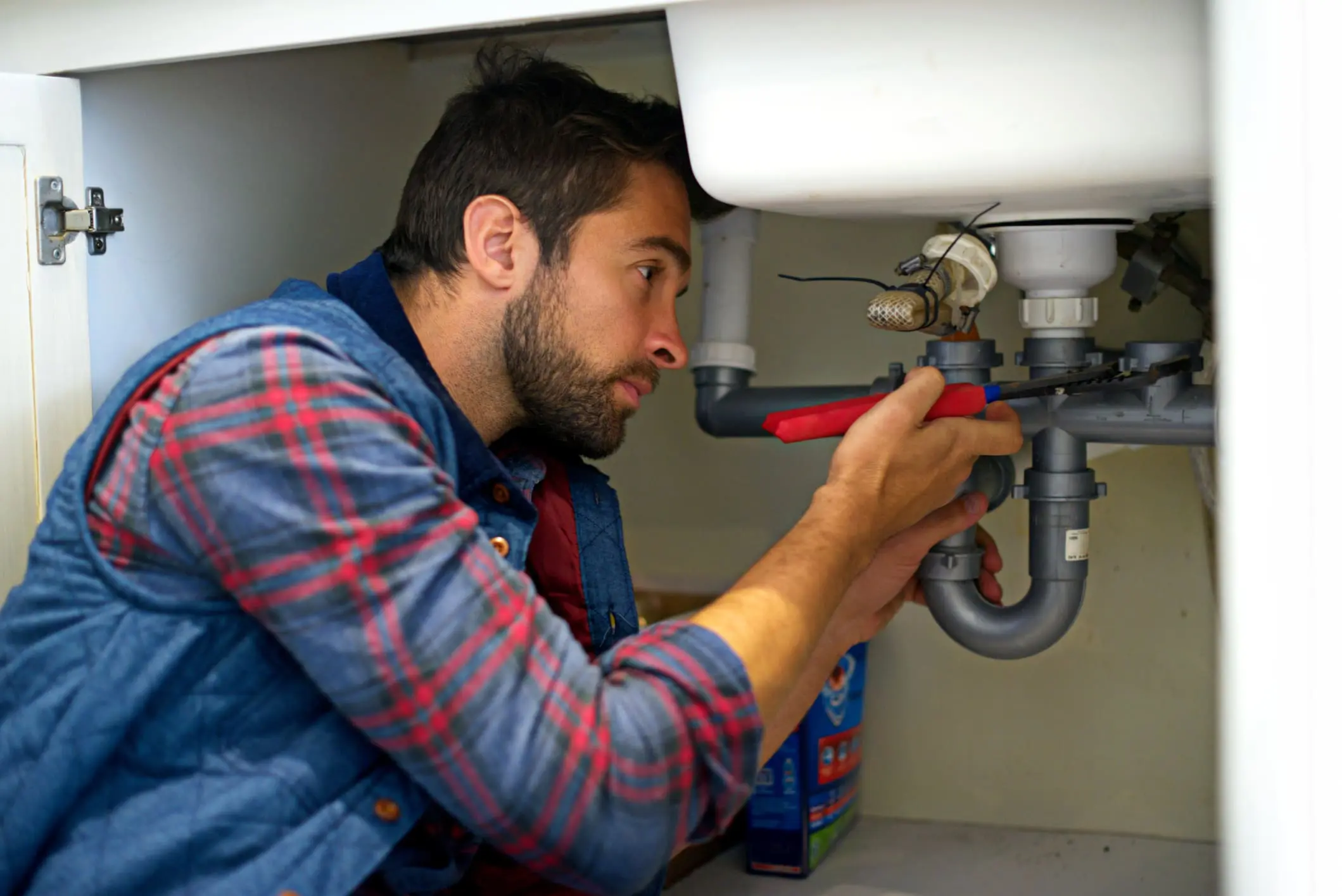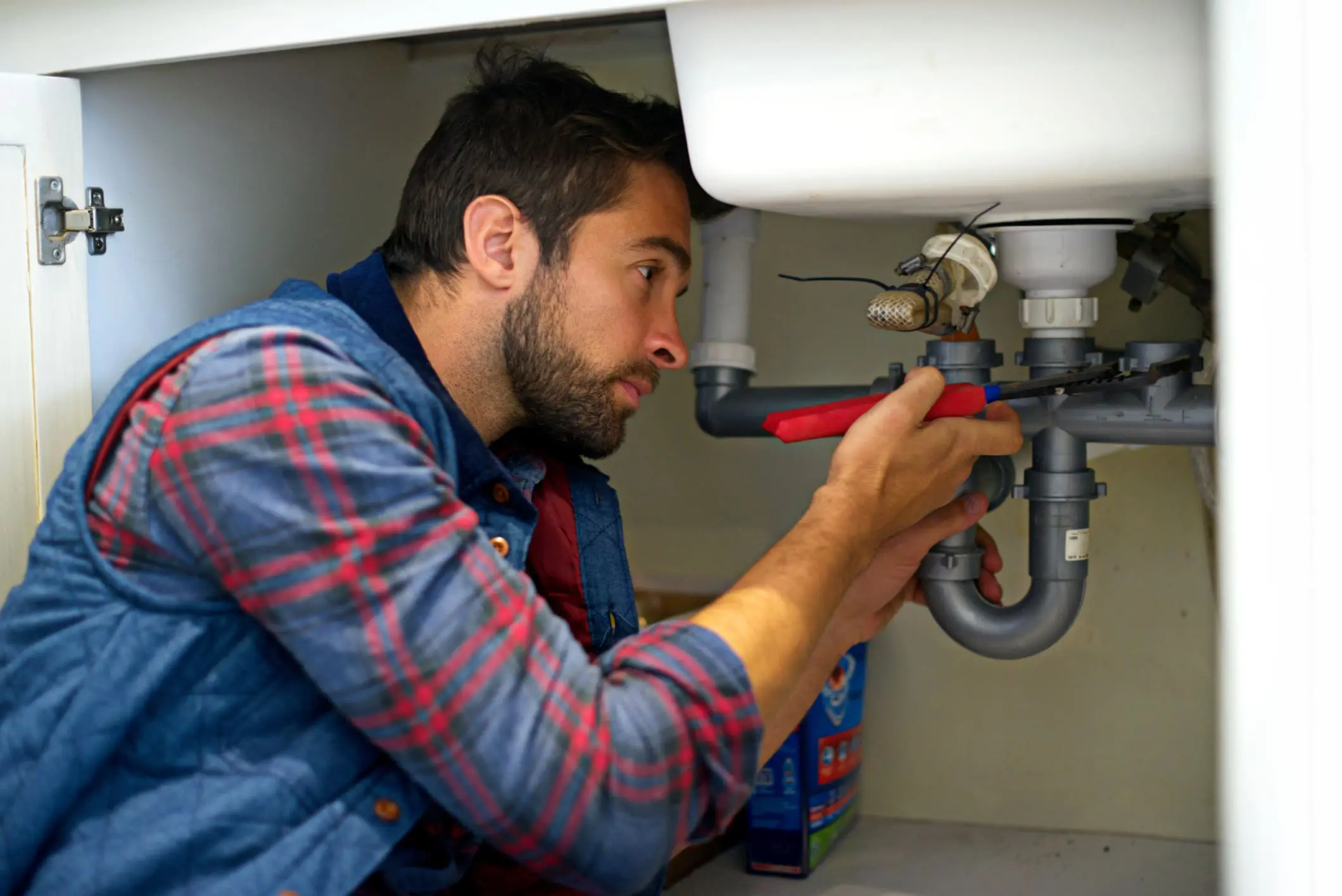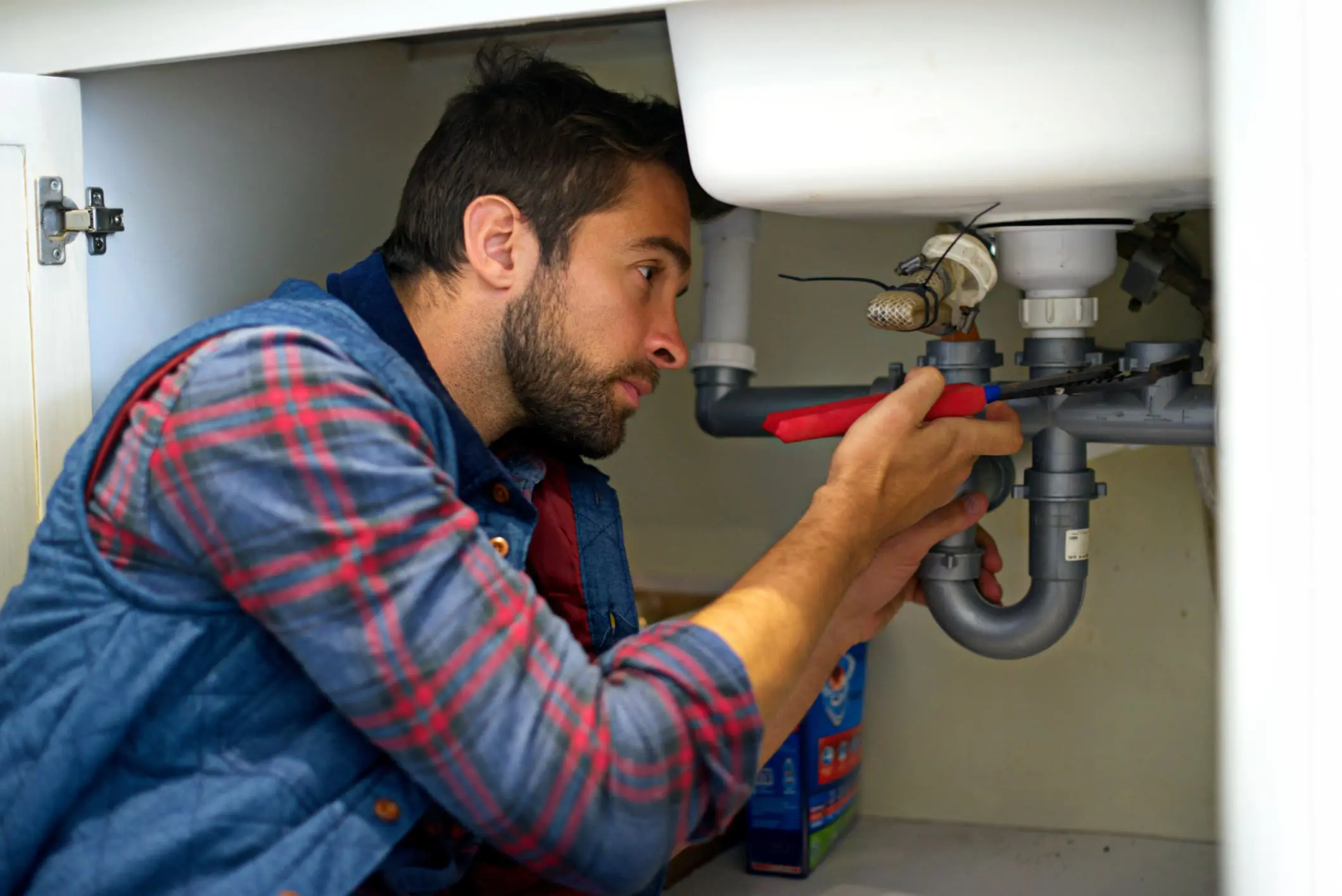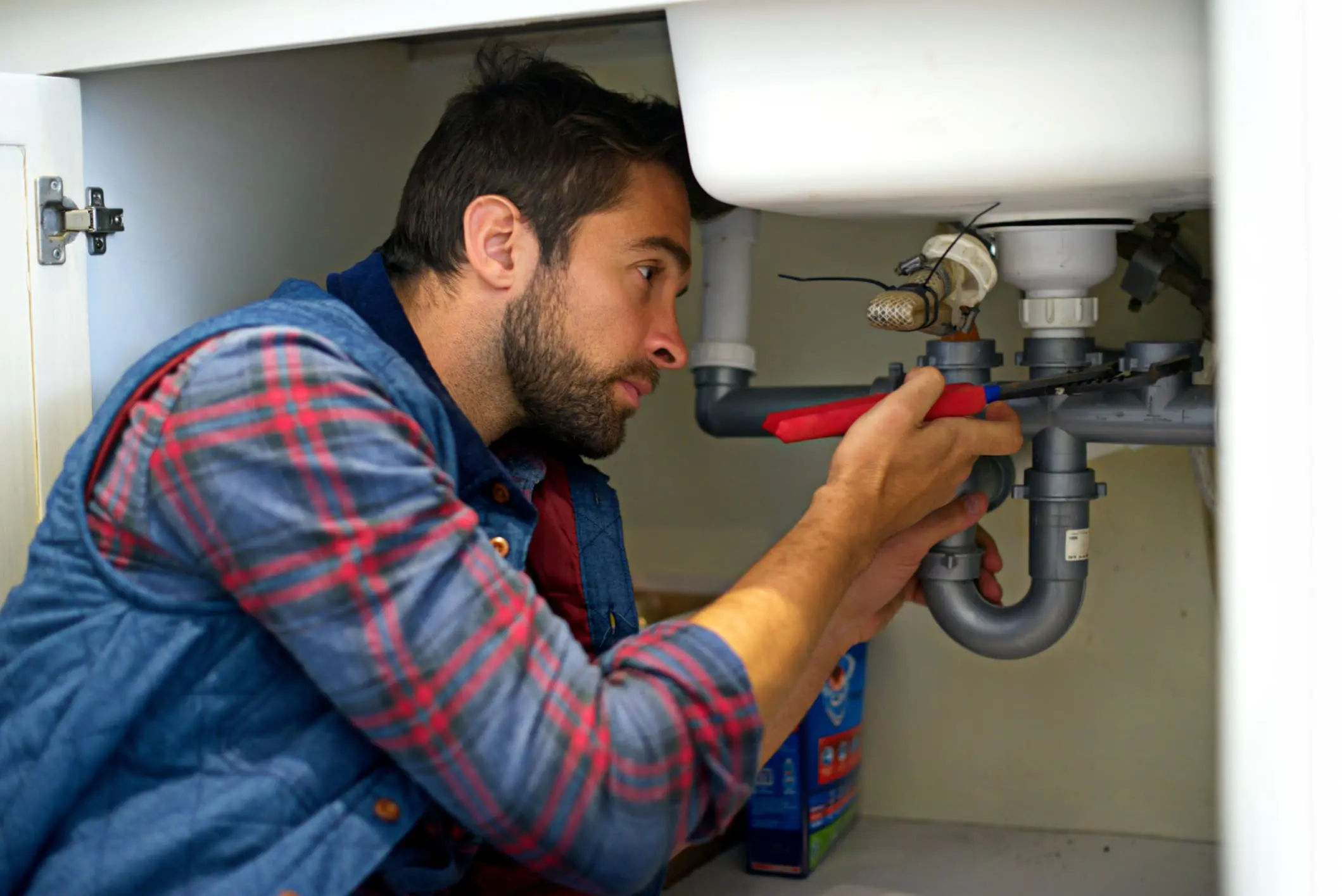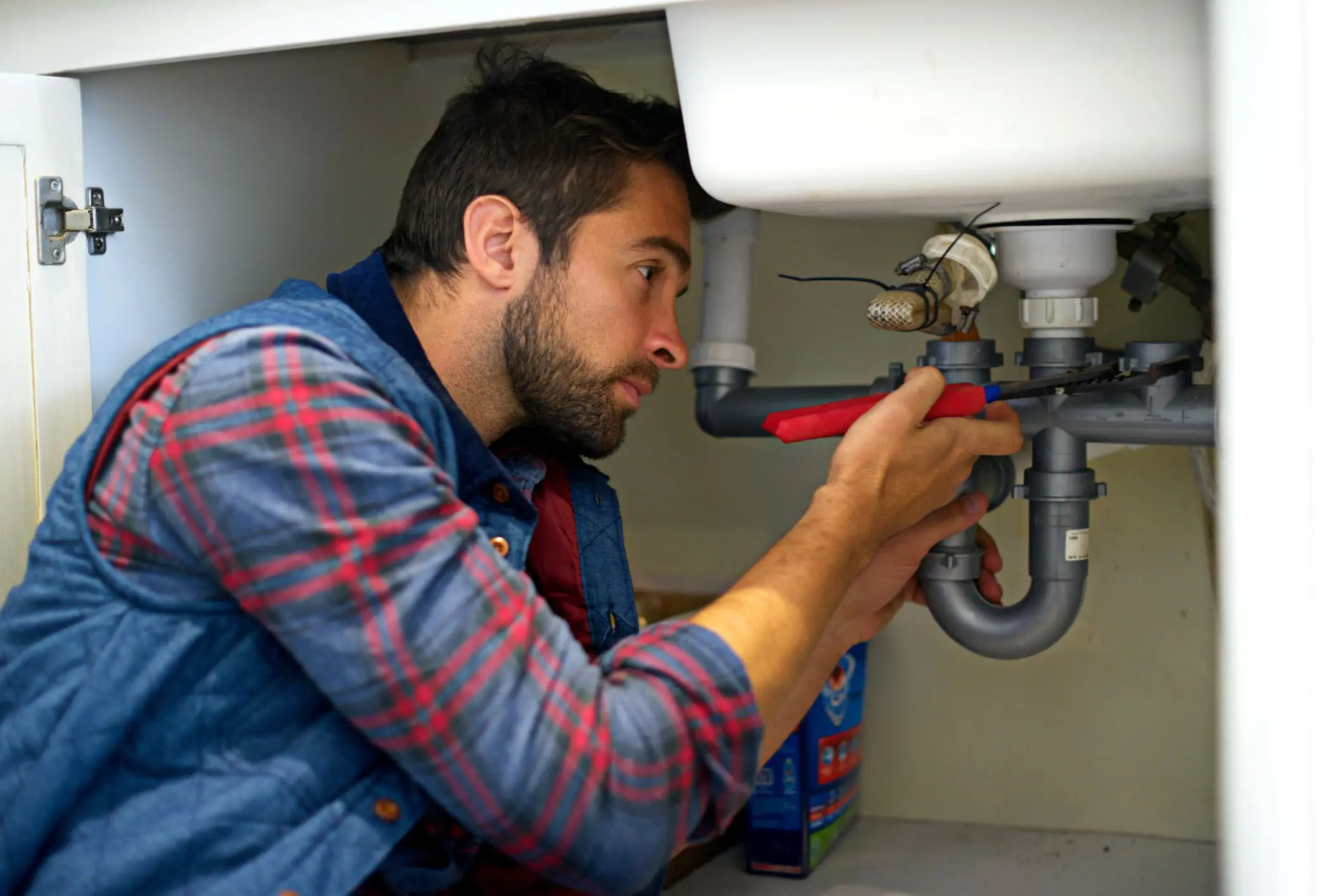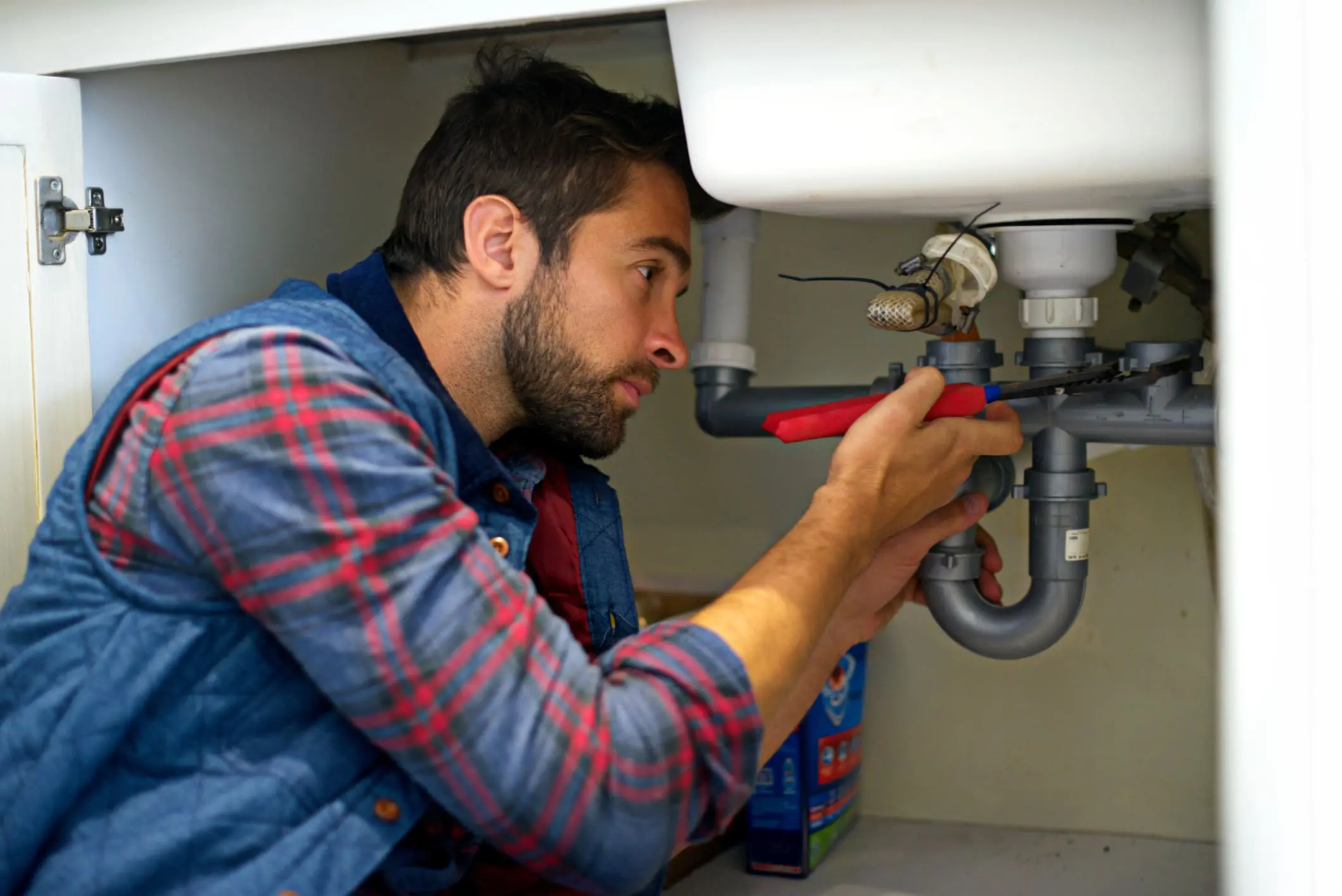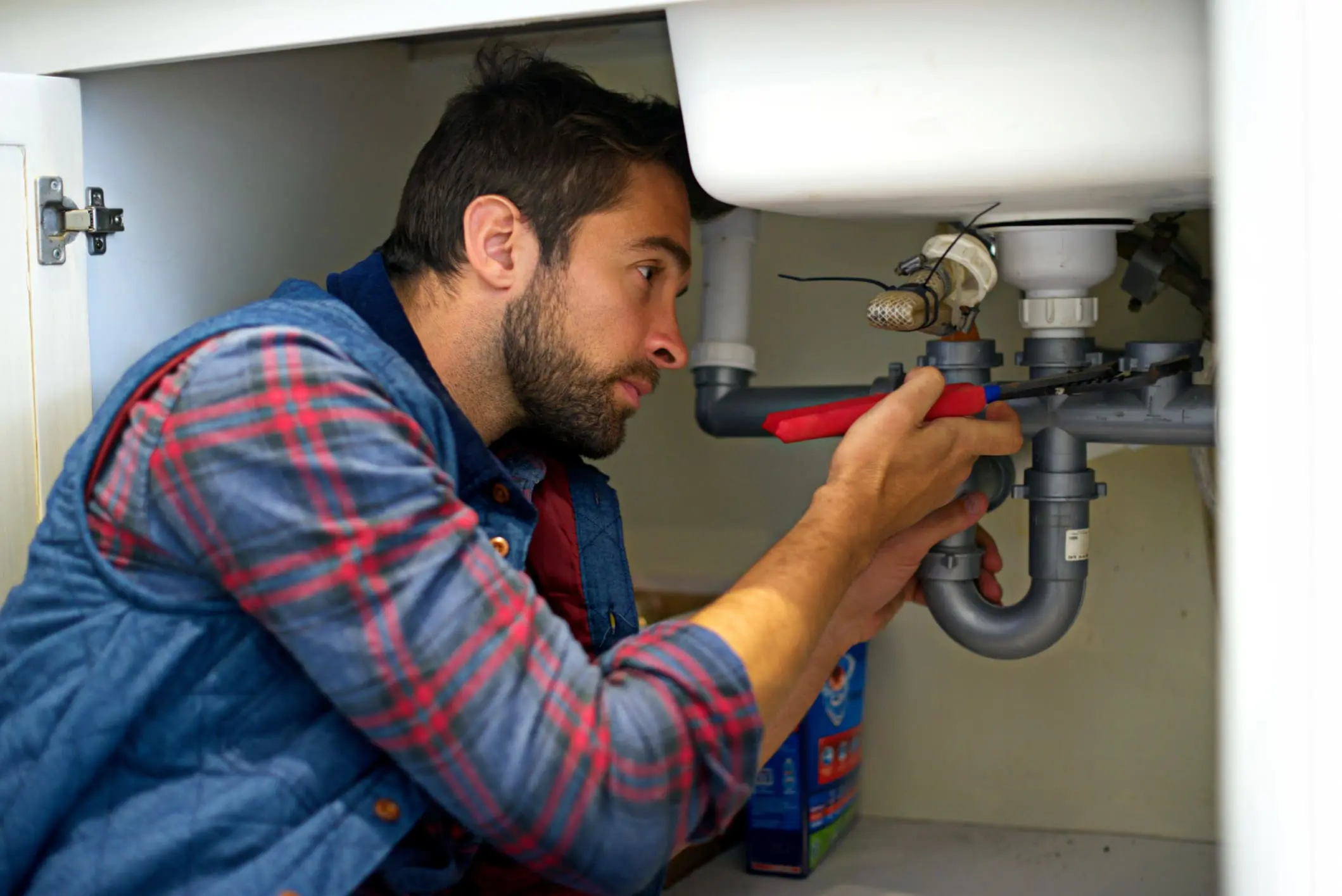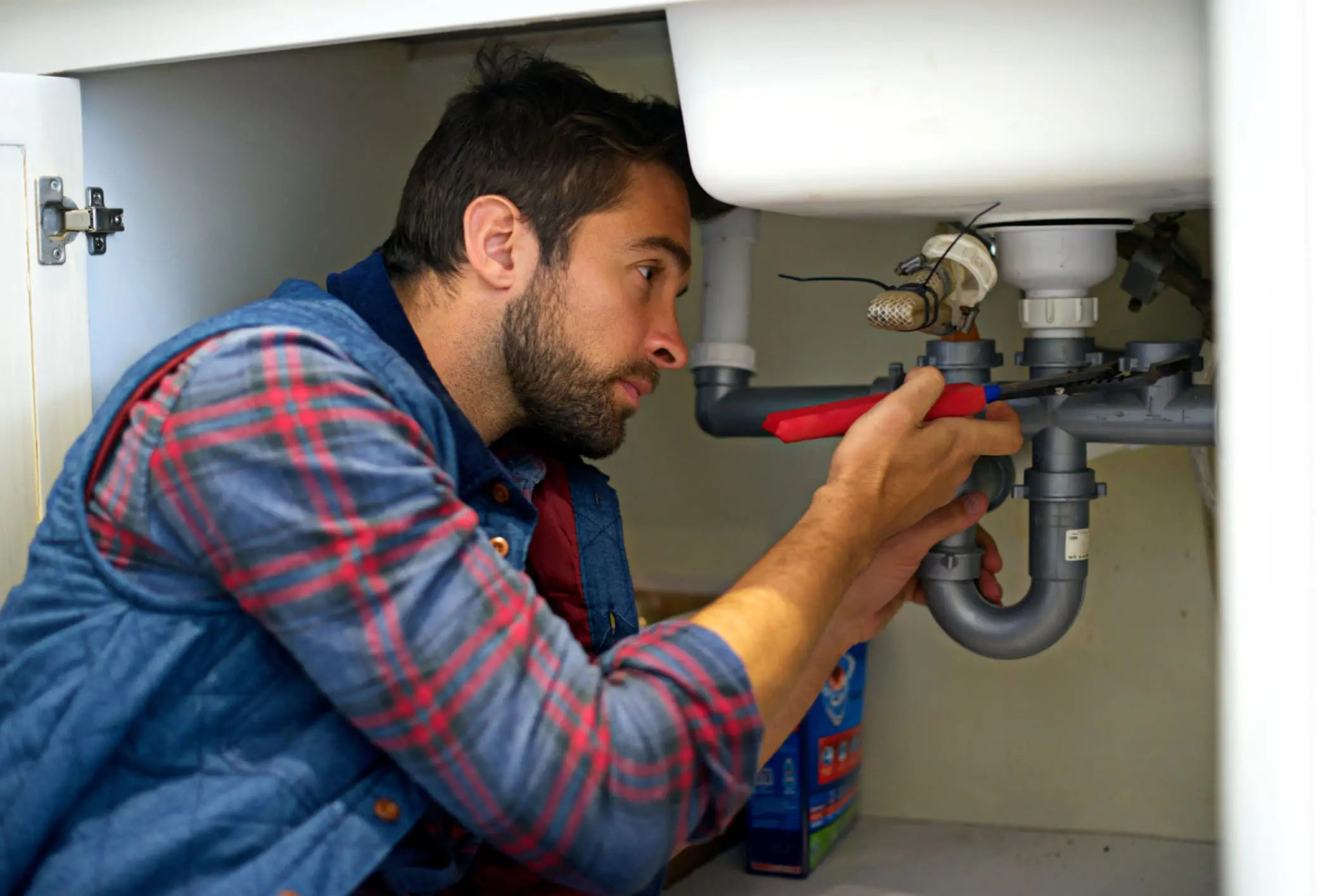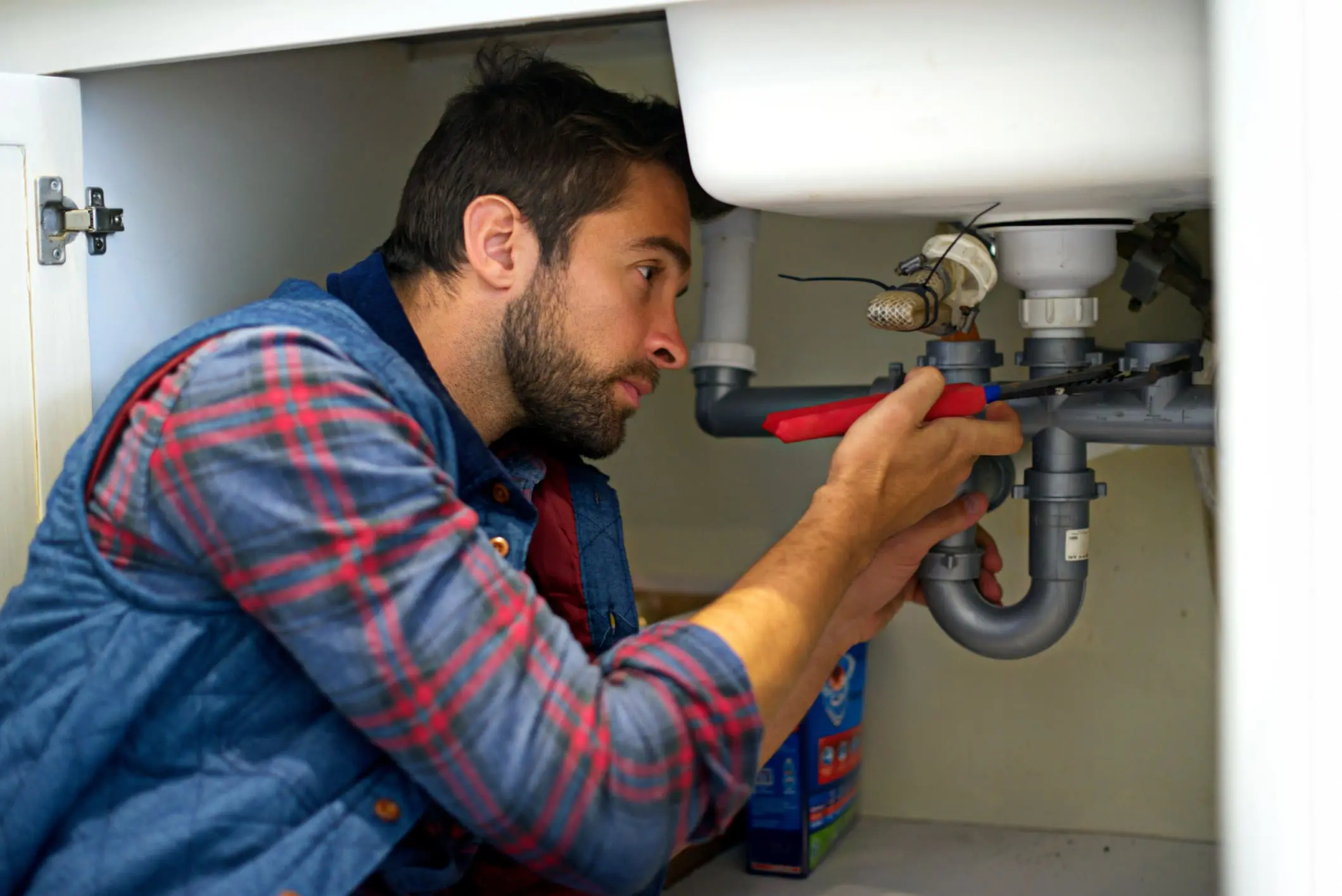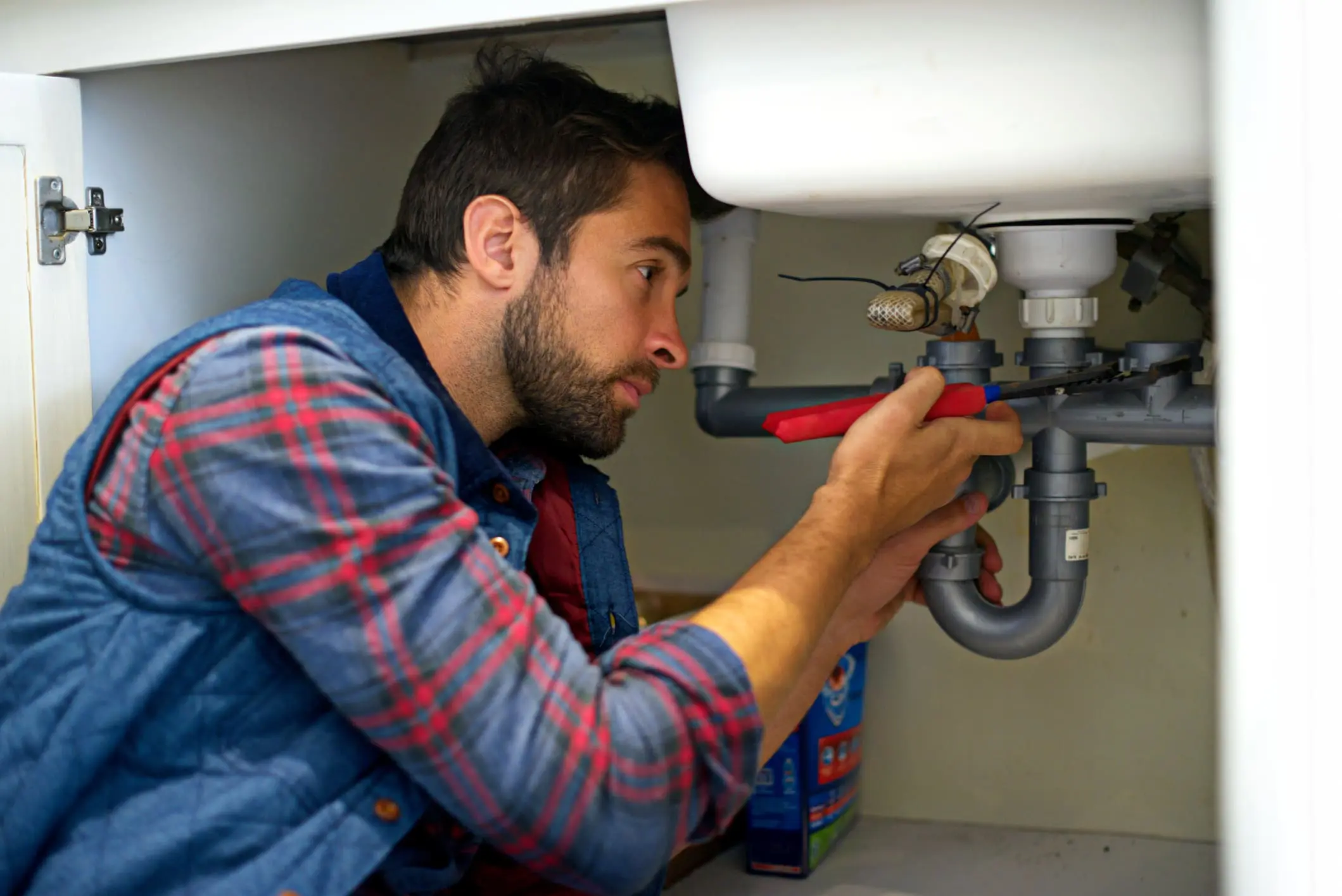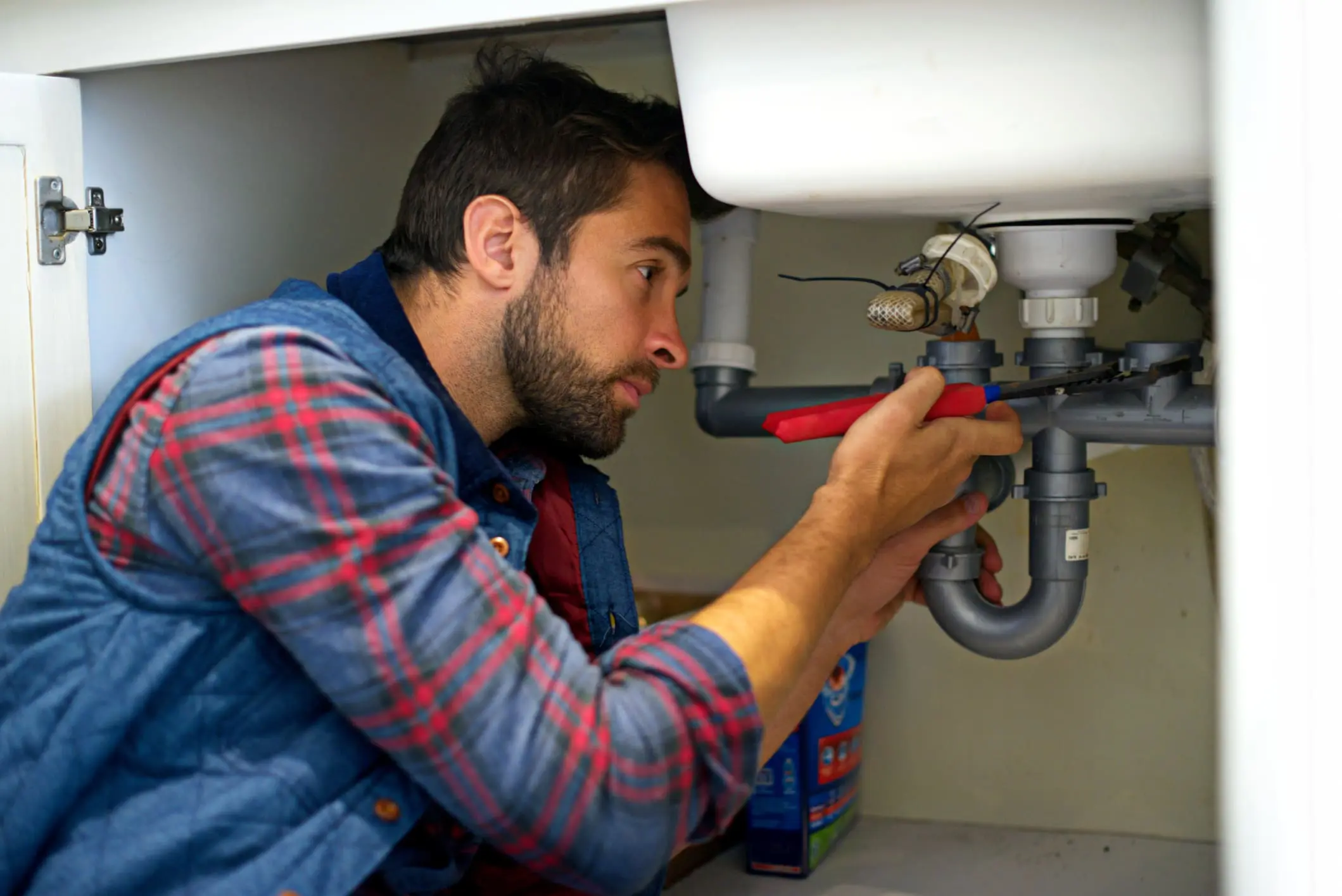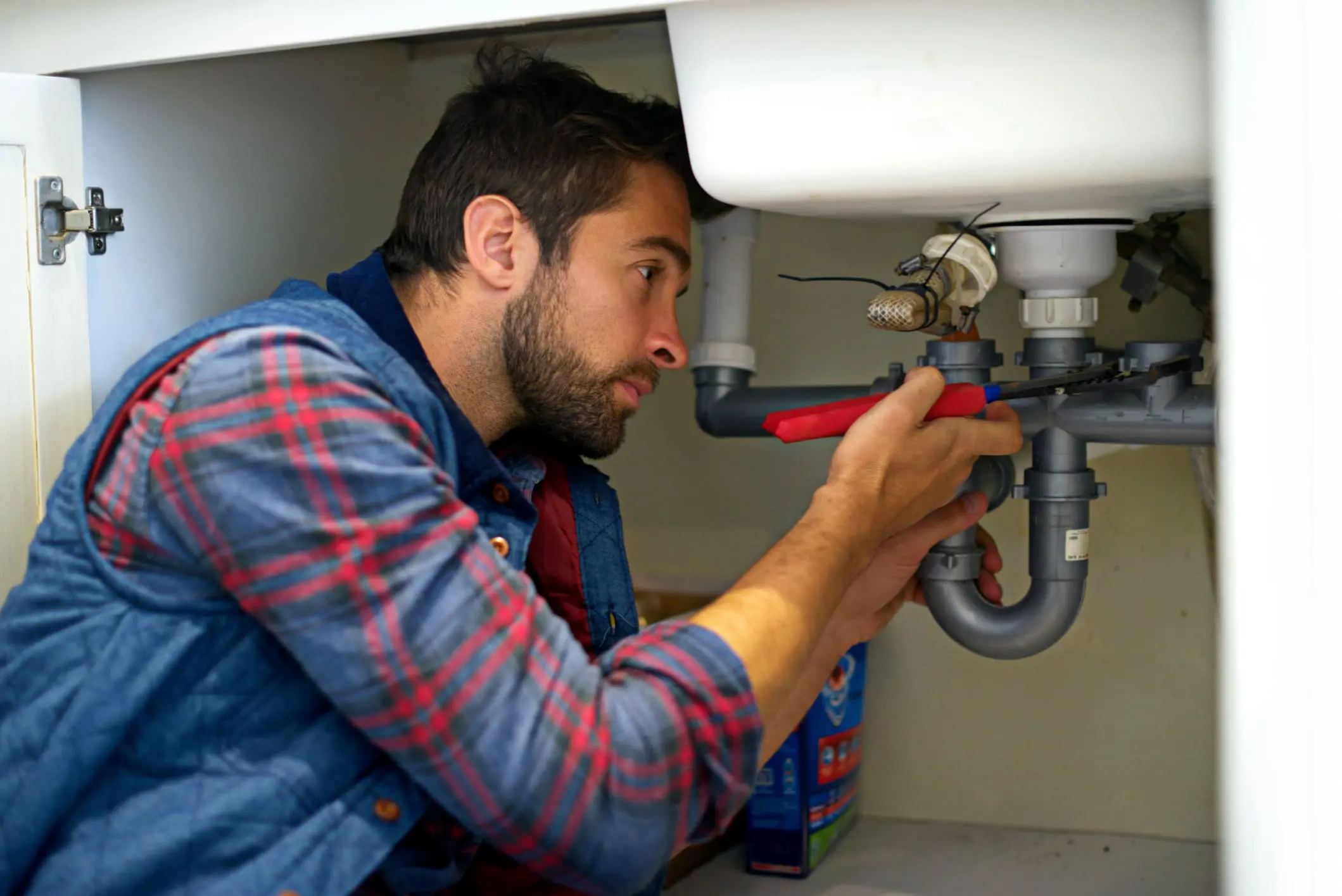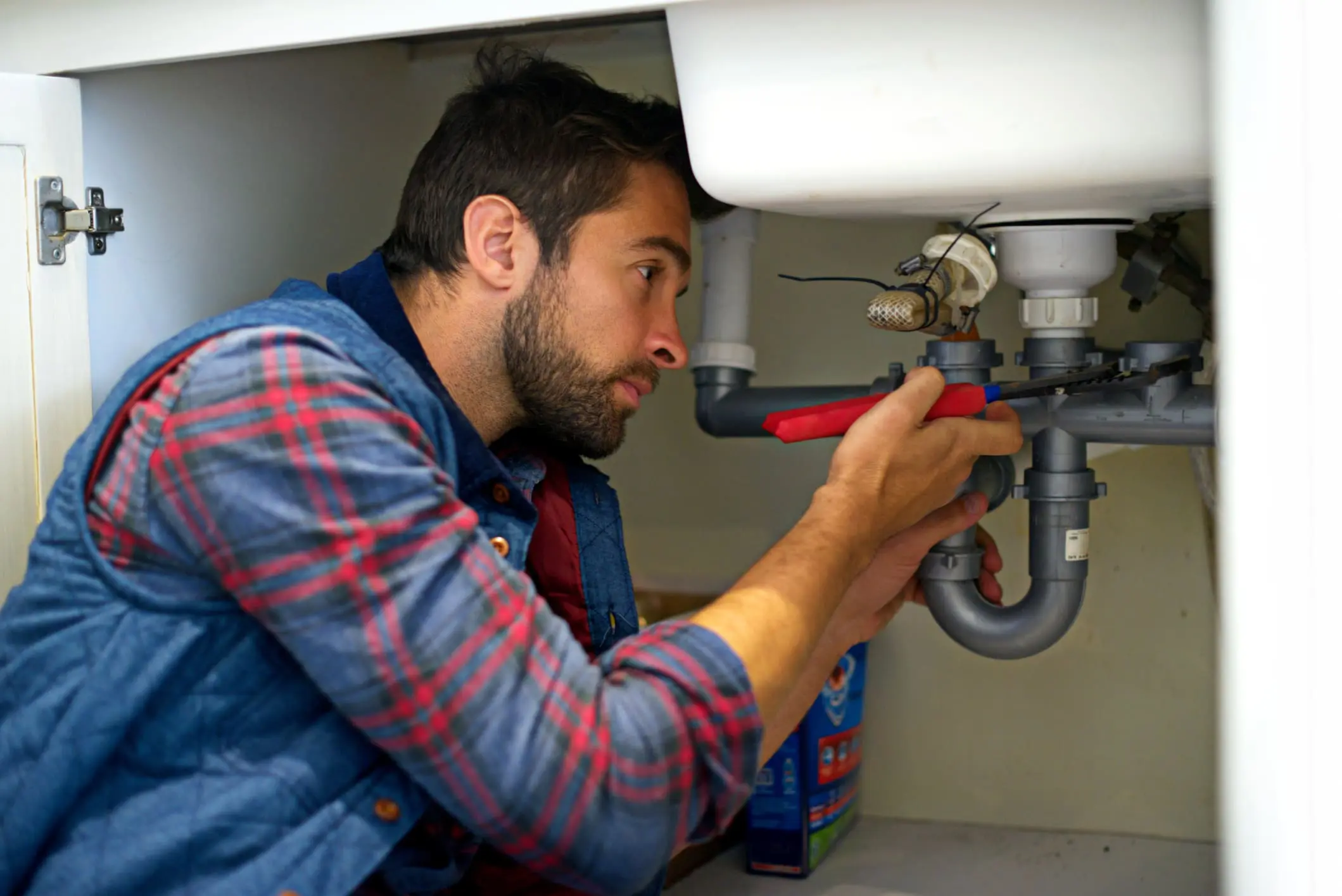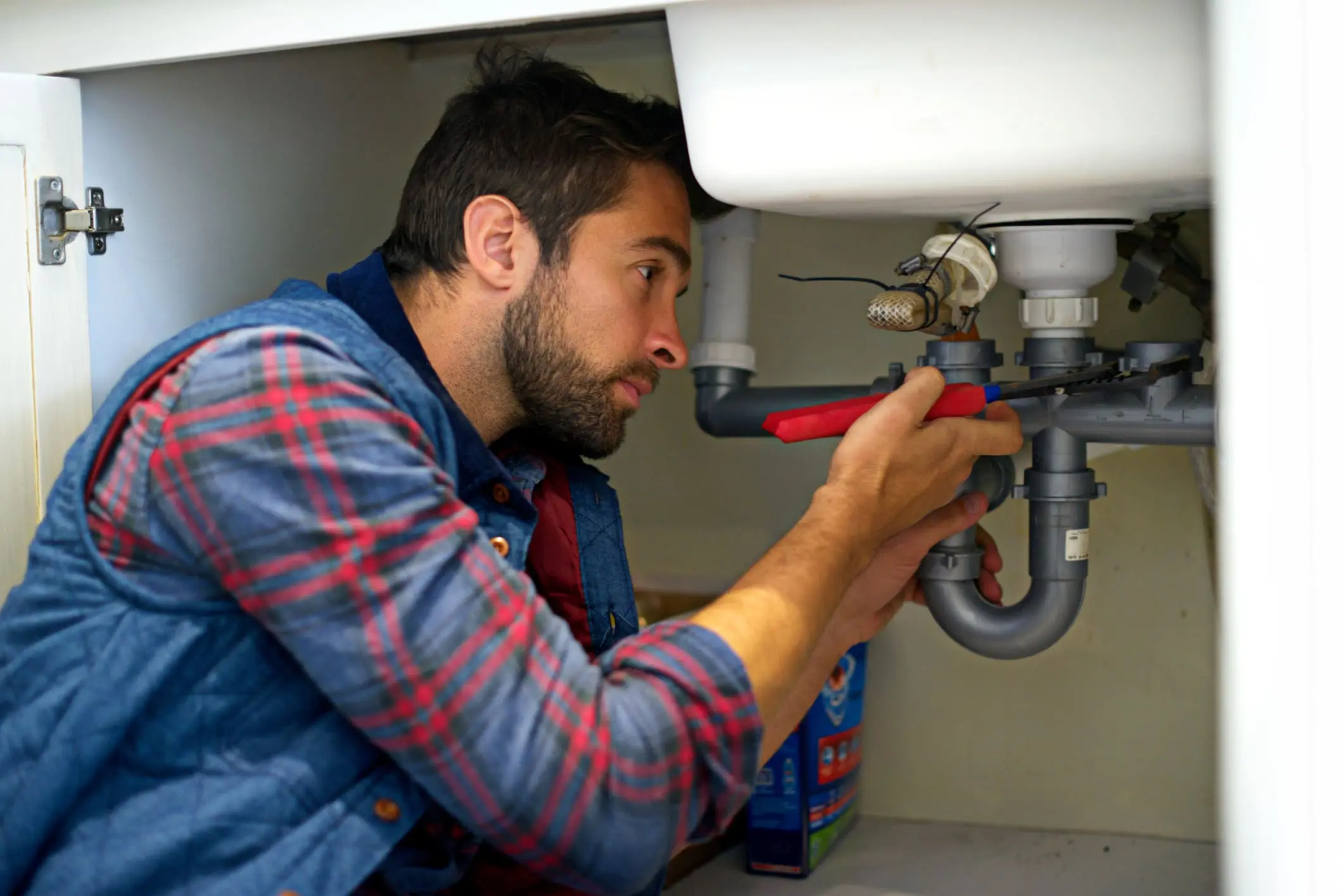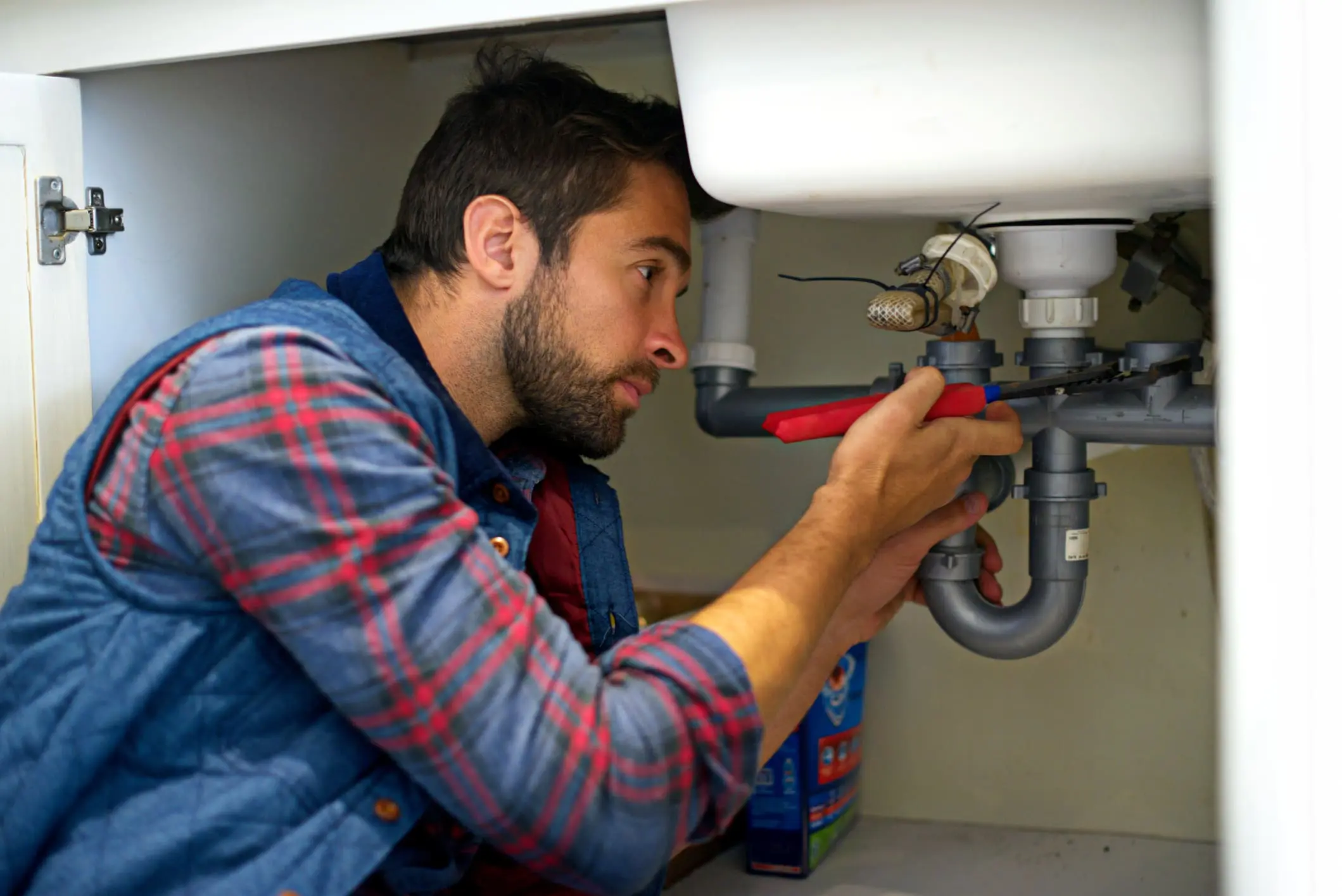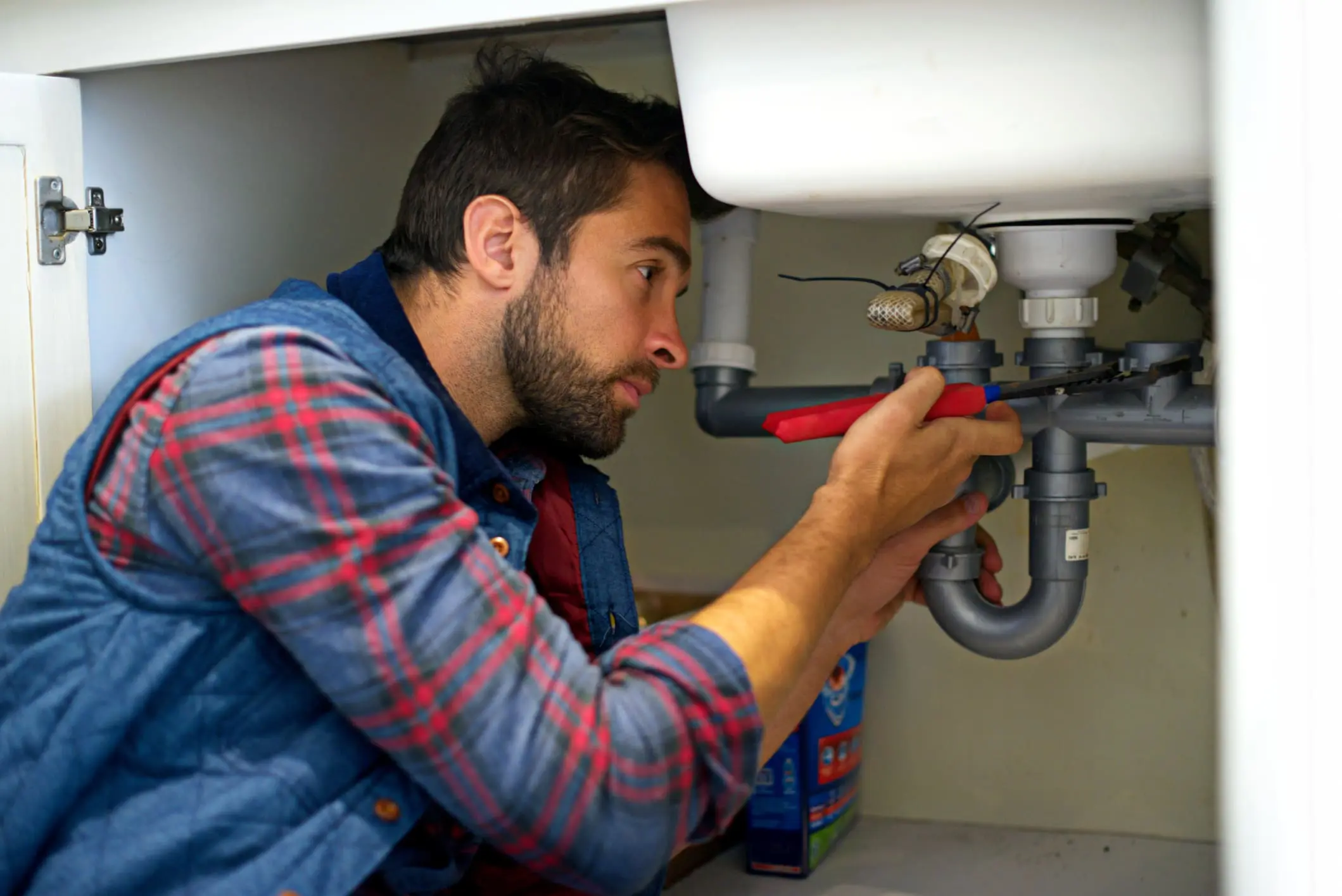The plumbing industry presents unique risks that require specialized insurance coverage. From working in confined spaces to h…
Domestic Plumber Insurance: Essential Coverage for Residential Plumbing Professionals
Introduction
As a domestic plumber, you're the unsung hero who keeps Britain's homes running smoothly. From emergency leak repairs to bathroom installations, your expertise is invaluable to homeowners across the country. However, working in people's homes comes with unique risks that standard insurance policies often don't adequately cover.
Domestic plumber insurance is specifically designed to protect residential plumbing professionals against the particular hazards of working in domestic properties. Whether you're a sole trader or run a small plumbing business, having the right insurance coverage isn't just smart business practice – it's essential for your financial security and professional reputation.
Understanding Domestic Plumber Insurance
Domestic plumber insurance is a specialized form of trade insurance that combines multiple coverage types to protect plumbers who primarily work on residential properties. Unlike general trade insurance, it's tailored to address the specific risks associated with domestic plumbing work, from water damage claims to professional liability issues.
This type of insurance recognizes that domestic plumbers face different challenges compared to commercial plumbers. Working in occupied homes, dealing with older plumbing systems, and managing customer expectations all create unique risk scenarios that require specialized coverage.
Key Coverage Areas
Public Liability Insurance
Public liability insurance is arguably the most crucial component of domestic plumber insurance. This coverage protects you if your work causes injury to a homeowner or damage to their property. For instance, if you accidentally damage a customer's flooring while accessing pipes, or if a homeowner slips on water that leaked during your repair work, public liability insurance covers the compensation claims and legal costs.
Most domestic plumbers carry between £1 million and £2 million in public liability coverage, though some customers or contracts may require higher limits.
Professional Indemnity Insurance
Professional indemnity insurance protects against claims arising from professional mistakes or negligence in your work. If a repair you've completed fails and causes water damage, or if you've provided advice that leads to problems, this coverage handles the resulting claims.
For domestic plumbers, professional indemnity is particularly important because homeowners often rely heavily on your expertise and recommendations for their plumbing systems.
Employers' Liability Insurance
If you employ anyone – even part-time helpers or apprentices – employers' liability insurance is legally required. This coverage protects you if an employee is injured while working for you, covering compensation claims and legal costs.
Tools and Equipment Insurance
Your tools are your livelihood, and domestic plumber insurance typically includes coverage for your equipment. This protects against theft, damage, or loss of your tools, whether they're in your van, at a customer's property, or in storage.
Business Interruption Insurance
If you're unable to work due to illness, injury, or other covered events, business interruption insurance provides financial support to help maintain your income and cover ongoing business expenses.
Specific Risks for Domestic Plumbers
Water Damage Claims
Water damage is one of the most significant risks facing domestic plumbers. A small mistake – such as a loose joint or damaged pipe – can cause extensive damage to a customer's home. Modern homes often have expensive flooring, electronics, and furnishings that can be severely damaged by even minor water leaks.
Working in Occupied Properties
Unlike commercial properties, domestic homes are lived-in spaces with personal belongings, family heirlooms, and emotional attachments. The risk of accidentally damaging irreplaceable items is higher, and the emotional impact on homeowners can lead to larger compensation claims.
Older Plumbing Systems
Many British homes have aging plumbing systems that can be unpredictable. Working on older pipes and fittings increases the risk of unexpected failures or complications that could lead to liability claims.
Emergency Call-Outs
Domestic plumbers often handle emergency situations where homeowners are stressed and time pressure is high. These conditions can increase the likelihood of mistakes or accidents.
Customer Expectations
Homeowners often have high expectations for plumbing work, particularly for visible installations like bathrooms or kitchens. Disputes over workmanship or finish quality can lead to professional indemnity claims.
Benefits of Specialized Domestic Plumber Insurance
Tailored Coverage
Domestic plumber insurance is specifically designed for your trade, meaning it covers the risks you actually face rather than generic business risks that may not apply to your work.
Cost-Effective Protection
By bundling multiple coverage types into a single policy, domestic plumber insurance often provides better value than purchasing separate policies for each type of coverage.
Professional Credibility
Having comprehensive insurance demonstrates professionalism to potential customers and can be a deciding factor when homeowners choose between plumbers.
Peace of Mind
Knowing you're properly protected allows you to focus on your work without constantly worrying about potential liability issues.
Compliance Requirements
Many customers, particularly those using insurance-approved contractors or working through recommendation schemes, require proof of adequate insurance coverage.
Choosing the Right Policy
Assessing Your Coverage Needs
Consider the types of work you do, the value of properties you work in, and the potential risks you face. A plumber who primarily does basic repairs may need different coverage than one who specializes in high-end bathroom installations.
Coverage Limits
Ensure your policy limits are adequate for the work you do. Working in expensive properties or on high-value installations may require higher coverage limits.
Policy Exclusions
Understand what's not covered by your policy. Common exclusions might include certain types of work, specific materials, or particular circumstances.
Excess Amounts
Consider the excess (deductible) amounts on your policy. Higher excesses typically mean lower premiums, but ensure you can afford the excess if you need to make a claim.
Common Exclusions and Limitations
Workmanship Warranties
Most policies don't cover the cost of redoing defective work – they cover the consequential damage your defective work might cause.
Gradual Damage
Damage that occurs slowly over time, such as a slow leak that causes gradual water damage, may not be covered.
Pollution and Contamination
Some policies exclude claims related to pollution or contamination, which could be relevant if your work affects water quality.
Deliberate Acts
Intentional damage or violations of regulations are typically excluded from coverage.
Cost Factors
Business Size and Turnover
Larger businesses with higher turnover typically pay more for insurance, as they have greater exposure to risk.
Claims History
Your claims history significantly affects your premiums. A clean claims record can lead to lower costs and no-claims bonuses.
Type of Work
Certain types of plumbing work are considered higher risk. Emergency work, gas work, or installations in high-value properties may increase premiums.
Coverage Levels
Higher coverage limits and lower excesses increase premium costs but provide better protection.
Location
Your business location can affect premiums, with urban areas sometimes having higher rates due to increased claim frequency.
Making a Claim
Immediate Steps
If an incident occurs, ensure everyone's safety first, then document the situation thoroughly. Take photos, gather witness information, and notify your insurer as soon as possible.
Documentation
Keep detailed records of all work, including photos before and after, materials used, and any communications with customers.
Cooperation with Insurers
Work closely with your insurance company's claims team and provide all requested information promptly to ensure smooth claim processing.
Industry Compliance and Standards
Gas Safe Registration
If you work with gas appliances, ensure your Gas Safe registration is current and that your insurance covers gas-related work.
Building Regulations
Stay current with building regulations and ensure your work complies with all relevant standards to avoid potential exclusions.
Professional Standards
Maintaining high professional standards and staying updated with industry best practices can help prevent claims and may positively impact your insurance costs.
Tips for Domestic Plumbers
Risk Management
Implement good risk management practices, such as thorough site assessments, proper protective measures, and clear communication with customers about potential risks.
Documentation
Keep detailed records of all work, including photos, material specifications, and customer communications.
Customer Communication
Clear communication about work scope, potential risks, and aftercare can prevent many disputes and claims.
Regular Training
Stay updated with the latest techniques, regulations, and safety practices through continuing professional development.
Quality Materials
Using quality materials and following manufacturer guidelines can reduce the likelihood of failures that could lead to claims.
Conclusion
Domestic plumber insurance is an essential investment for any plumbing professional working in residential properties. The unique risks associated with domestic plumbing work – from water damage claims to professional liability issues – require specialized coverage that standard business insurance simply can't provide.
By choosing comprehensive domestic plumber insurance, you're not just protecting your business financially; you're also demonstrating professionalism to your customers and ensuring you can continue operating even if the unexpected happens. The cost of insurance is minimal compared to the potential financial devastation of an uninsured claim.
Remember, the cheapest policy isn't always the best value. Focus on finding coverage that adequately protects your specific risks and provides the support you need to run your business confidently. With the right insurance in place, you can focus on what you do best – keeping Britain's homes warm, dry, and comfortable.


 0330 127 2333
0330 127 2333
